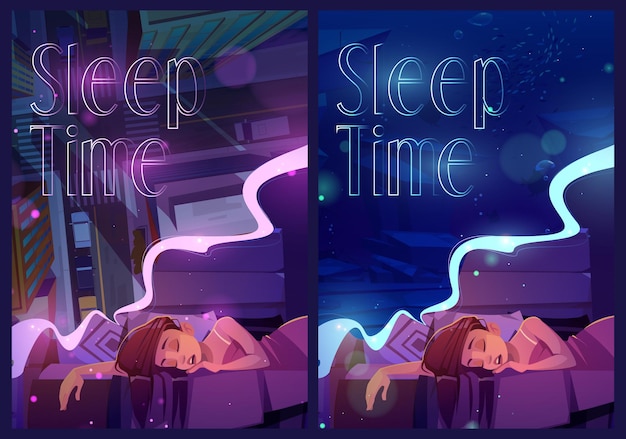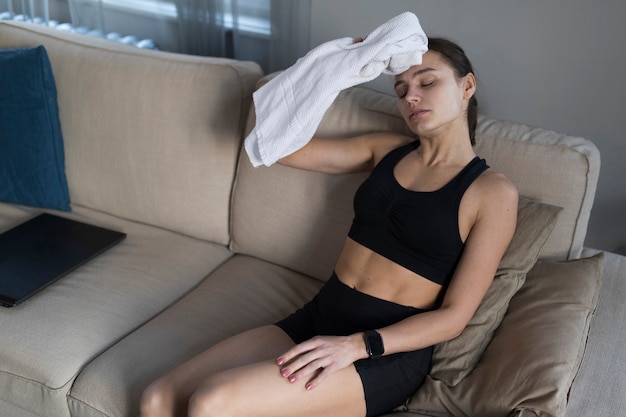Sleep isn’t just downtime—it’s essential fuel for growing minds and bodies. For kids and teens, quality sleep supports memory, mood, focus, and even physical growth. Yet, with busy schedules, screens, and stress, many young people struggle to get the rest they need. The good news? Better sleep is within reach with simple, actionable steps—and regular progress checks to stay on track.
Children aged 6–12 need 9–12 hours of sleep per night, while teens should aim for 8–10 hours. During these stages, the brain is rapidly developing, and sleep plays a key role in learning, emotional regulation, and immune function. Poor sleep has been linked to difficulty concentrating, irritability, lower academic performance, and increased risk of anxiety or depression.

Going to bed and waking up at the same time every day—even on weekends—helps regulate your body’s internal clock. This consistency makes it easier to fall asleep and wake up naturally.
Action Plan:
Progress Check (After 1 Week): Did you fall asleep faster? Did you wake up feeling more refreshed? Rate your energy level from 1–5 each morning.
A 30–60 minute wind-down routine signals to your brain that it’s time to sleep. This should be screen-free and relaxing.
Action Plan:
Progress Check (After 1 Week): Did you feel calmer at bedtime? Did you fall asleep within 20–30 minutes? Track your routine and mood in a sleep journal.
Your bedroom should be a sleep-friendly zone: cool, dark, quiet, and comfortable.
Action Plan:

Progress Check (After 1 Week): Did you wake up fewer times during the night? Rate your comfort level and room environment daily.
The blue light from phones, tablets, and computers can suppress melatonin, the hormone that helps you sleep. Using devices before bed can delay sleep onset and reduce sleep quality.
Action Plan:
Progress Check (After 1 Week): Did you feel less alert at bedtime? Did you fall asleep faster? Note any changes in your sleep latency (time to fall asleep).
What you consume during the day—and especially in the evening—can impact sleep. Caffeine, heavy meals, and sugary snacks can interfere with rest.
Action Plan:
Progress Check (After 1 Week): Did you wake up less due to indigestion? Track evening food and drink choices and note any sleep disruptions.
Regular physical activity helps regulate your sleep-wake cycle and reduces stress. Just avoid intense workouts too close to bedtime.
Action Plan:
Progress Check (After 1 Week): Did you feel more tired at bedtime? Note your activity level and sleep quality each day.
Combine all six steps into a 4-week plan. Each week, focus on mastering one step while maintaining the previous ones.
Weekly Goals:
Use a sleep tracker or journal to record bedtime, wake time, sleep quality, energy levels, and mood. After 4 weeks, review your progress. Most kids and teens see noticeable improvements in focus, mood, and energy.
If you’ve followed these steps for a month and still struggle with falling or staying asleep, talk to a trusted adult. Persistent sleep problems could be a sign of an underlying issue like insomnia or sleep apnea, which can be addressed with professional support.
Better sleep isn’t magic—it’s a habit. With small, consistent changes and regular check-ins, kids and teens can build a healthier relationship with sleep and feel their best every day.

Health

Health

Health

Health

Health

Health

Wellness

Fitness

Health

Fitness

Health

Health